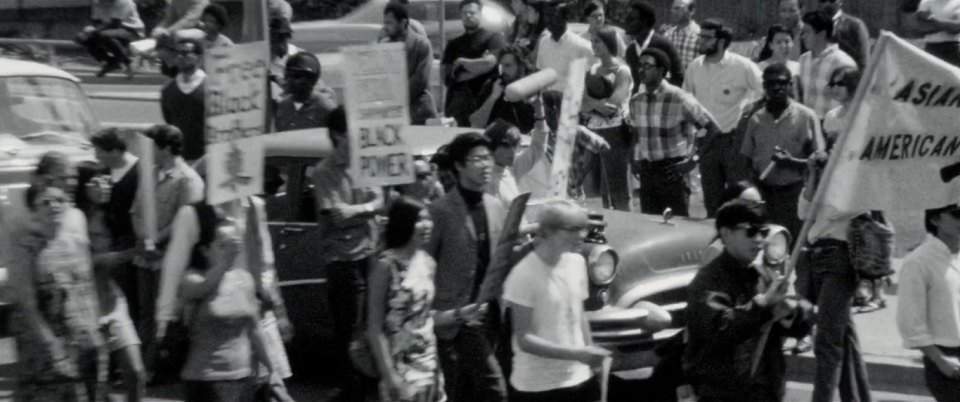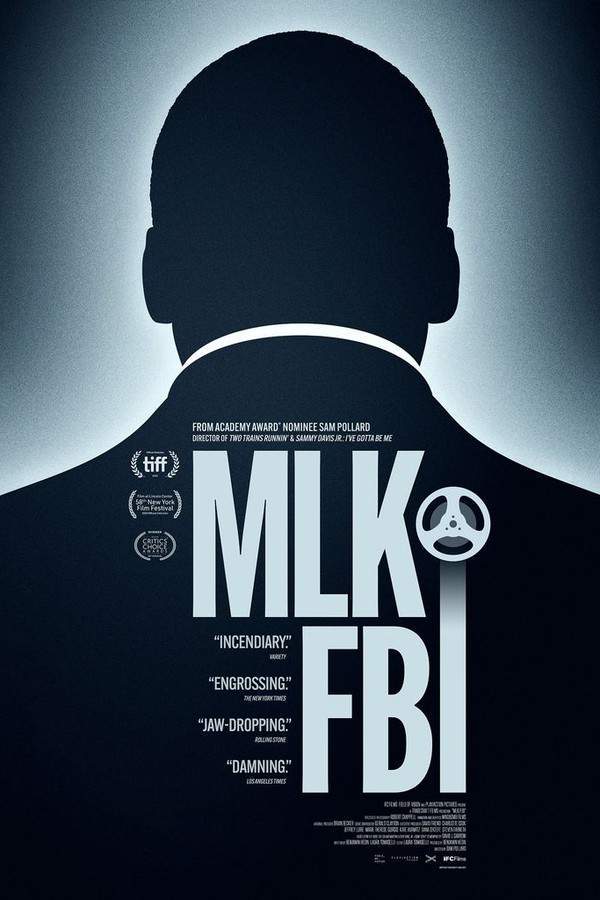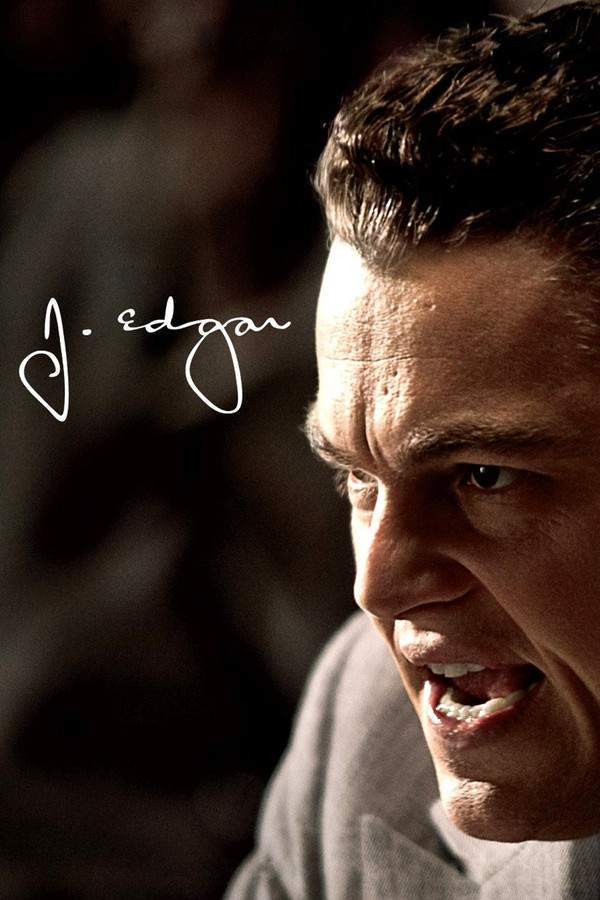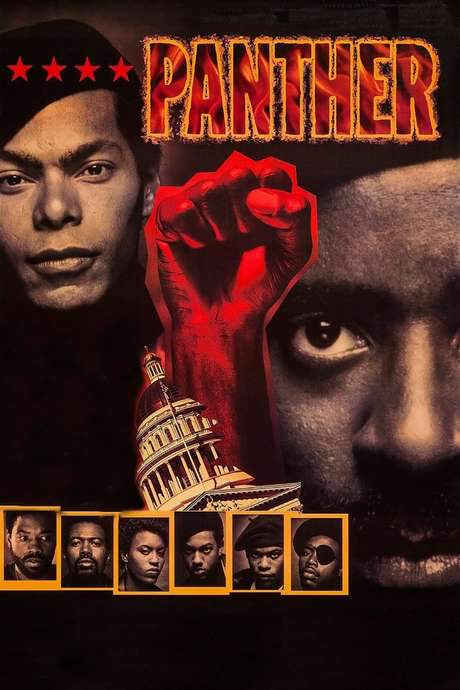Seberg 2019

During the 1960s counterculture movement, actress Jean Seberg finds her rising star threatened by the FBI's intense scrutiny. As a prominent Hollywood icon and passionate supporter of civil rights, she becomes a target of J. Edgar Hoover's relentless surveillance. The film explores the devastating impact of this pursuit on her life, career, and the turbulent era in which she lived, exposing a darker side of the nation's struggle for equality.
Does Seberg have end credit scenes?
No!
Seberg does not have end credit scenes. You can leave when the credits roll.
Meet the Full Cast and Actors of Seberg
Explore the complete cast of Seberg, including both lead and supporting actors. Learn who plays each character, discover their past roles and achievements, and find out what makes this ensemble cast stand out in the world of film and television.

Anthony Mackie
Hakim Jamal

Zazie Beetz
Dorothy Jamal

Margaret Qualley
Linette Solomon

Yvan Attal
Romain Gary

Kristen Stewart
Jean Seberg

Stephen Root
Walt Breckman

Jack O'Connell
Jack Solomon

Vince Vaughn
Carl Kowalski

Ser'Darius William Blain

Jade Pettyjohn
Jenny Kowalski

James Jordan

Colm Meaney
Frank Ellroy

Fatimah Hassan

Gabriel Sky
Diego Gary

Robin Thomas
Interviewer

Victoria Barabas
Air Hostess
External Links and Streaming Options
Discover where to watch Seberg online, including streaming platforms, rental options, and official sources. Compare reviews, ratings, and in-depth movie information across sites like IMDb, TMDb, Wikipedia or Rotten Tomatoes.
Ratings and Reviews for Seberg
See how Seberg is rated across major platforms like IMDb, Metacritic, and TMDb. Compare audience scores and critic reviews to understand where Seberg stands among top-rated movies in its genre.

The Movie Echo Score
Seberg offers a compelling lead performance amidst uneven narrative execution. The film is frequently noted for Kristen Stewart’s nuanced portrayal, yet repeatedly critiqued for its simplistic structure and inconsistent dramatic focus. Production design and visual elements provide polished period detail but often lean toward overglossed presentation rather than gritty authenticity. The soundtrack and sound design yield competent support without making a significant impression. Overall, Seberg delivers intermittent intrigue through its central performance but remains undercut by narrative shortcomings.
The Movie Echo Score Breakdown for Seberg

Art & Craft
In terms of visual craft, Seberg presents polished production design and measured direction with occasional moments of refined elegance. Costume details capture the 1960s setting accurately, complemented by precise framing in key sequences. Some critics found the visual style overly glossy, diminishing a sense of grit. Overall, the film’s art and craft demonstrate technical competence but stop short of delivering consistently immersive or striking cinematic artistry.

Character & Emotion
When it comes to character and emotion, Kristen Stewart’s portrayal anchors the film with understated nuance and visible internal conflict. Observers praised her performance as the primary strength, noting moments of credible emotional resonance and subtle expressiveness. However, secondary characters often lack depth, and some narrative decisions leave character motivations underexplored. Overall, the character work offers a compelling central performance yet remains hindered by uneven development among supporting roles.

Story & Flow
In terms of story and flow, Seberg struggles with a fragmented narrative that oscillates between political drama and personal arc without fully committing to either. Critics highlighted a lack of narrative focus, simplistic plotting, and underdeveloped historical context. Pacing feels uneven, with key events presented in broad strokes that limit emotional engagement. Overall, the story structure exhibits persistent coherence issues, resulting in a less engaging and unevenly paced drama.

Sensory Experience
In terms of sensory experience, the film offers competent sound design and a period-appropriate score that support the narrative without distinctive impact. The visual palette is consistently polished, yet critics argued it errs on the side of gloss, reducing atmospheric tension. Sound mixing remains balanced but unobtrusive, and ambient details seldom enhance immersion. Overall, the sensory elements are serviceable and historically accurate, but they rarely elevate the viewing experience.

Rewatch Factor
When it comes to rewatch value, Seberg offers limited incentives for repeated viewing. The central performance maintains some appeal, yet the film’s narrative inconsistencies and lack of emotional depth diminish lasting engagement. Visual and auditory elements remain competent but offer few hidden nuances or rewarding discoveries on subsequent viewings. Overall, the film’s replay value is modest, and it is unlikely to reveal new dimensions beyond its initial presentation.

54
Metascore
5.2
User Score


36%
TOMATOMETER

50%
User Score

6.0 /10
IMDb Rating

59
%
User Score

2.8
From 2 fan ratings

2.00/5
From 4 fan ratings
Take the Ultimate Seberg Movie Quiz
Challenge your knowledge of Seberg with this fun and interactive movie quiz. Test yourself on key plot points, iconic characters, hidden details, and memorable moments to see how well you really know the film.
Seberg Quiz: Unraveling the Turmoil: Test your knowledge on the dramatic life and struggles of Jean Seberg as depicted in the 2019 film.
What prompts Jean Seberg's tumultuous journey in the film?
A departure from Paris
An encounter with a famous actor
Finding a lost child
A marriage proposal
Show hint
Full Plot Summary and Ending Explained for Seberg
Read the complete plot summary of Seberg, including all major events, twists, and the full ending explained in detail. Explore key characters, themes, hidden meanings, and everything you need to understand the story from beginning to end.
As Jean Seberg readies herself to leave Paris, she bids farewell to her husband, Romain Gary, and their child, unaware that this departure signals the start of a tumultuous journey ahead. On her flight, she meets Hakim Jamal, a member of the Black Panther Party (BPP), who claims a right to first-class seating by asserting that the widow of Malcolm X deserves special treatment. Captivated by Jamal’s passionate conviction and magnetic presence, Seberg strikes up a conversation with him.
Upon arriving in Los Angeles, she is confronted by a significant protest unfolding at the airport, driven by the same activists who advocated for Malcolm X’s widow on her flight. Feeling deeply affected by their fight, Seberg lends her voice to the cause, raising her fist as an emblem of solidarity with the Black Power movement.
Unbeknownst to Seberg, undercover FBI agents—including Jack Solomon—have been shadowing her since her landing. Solomon proposes that the FBI keep tabs on her movements and intercept her communications, fueled by her supposed affiliation with the Black Power movement. As Seberg dives deeper into Jamal’s world, their relationship intensifies into a passionate affair, which becomes increasingly complicated due to their existing marital commitments. The FBI’s controversial surveillance program, COINTELPRO, captures their most private moments, even breaching the walls of Jamal’s marriage to Dorothy Jamal by airing their intimate encounters to her.
The emotional upheaval escalates when Jamal decides to end the affair with Seberg, leaving her heartbroken and vulnerable under the FBI’s continuous surveillance. Solomon tries to help by reaching out anonymously to caution Seberg about the risks tied to her involvement with the movement, which only deepens her sense of paranoia. As her life becomes more entwined with the complexities of the Black Power movement, Seberg discovers she is pregnant, but the identity of the father remains shrouded in mystery.
The relentless COINTELPRO agents further harass Seberg, spreading malicious rumors that her baby is fathered by a BPP member. This web of deceit and emotional manipulation takes a severe toll on Seberg, leading her to the brink of despair and even an attempted suicide. The loss of her unborn child, coupled with the FBI’s smear campaign regarding its paternity, plunges her into a profound depression.
In a courageous move, Seberg declares her intent to sue the publication that propagated the damaging rumors. At this critical juncture, Solomon unveils the truth of the FBI’s surveillance scheme to her, revealing hard evidence of their infiltration and manipulative tactics. As Seberg confronts the harsh reality of her circumstances, her real-life counterpart ultimately relocates to Paris, remaining a devoted supporter of the BPP until her death in 1979, which was reportedly due to probable suicide.
Uncover the Details: Timeline, Characters, Themes, and Beyond!

Coming soon on iOS and Android
The Plot Explained Mobile App
From blockbusters to hidden gems — dive into movie stories anytime, anywhere. Save your favorites, discover plots faster, and never miss a twist again.
Sign up to be the first to know when we launch. Your email stays private — always.
Watch Trailers, Clips & Behind-the-Scenes for Seberg
Watch official trailers, exclusive clips, cast interviews, and behind-the-scenes footage from Seberg. Dive deeper into the making of the film, its standout moments, and key production insights.
Cars Featured in Seberg
Explore all cars featured in Seberg, including their makes, models, scenes they appear in, and their significance to the plot. A must-read for car enthusiasts and movie buffs alike.
Seberg Themes and Keywords
Discover the central themes, ideas, and keywords that define the movie’s story, tone, and message. Analyze the film’s deeper meanings, genre influences, and recurring concepts.
Seberg Other Names and Titles
Explore the various alternative titles, translations, and other names used for Seberg across different regions and languages. Understand how the film is marketed and recognized worldwide.
Similar Movies To Seberg You Should Know About
Browse a curated list of movies similar in genre, tone, characters, or story structure. Discover new titles like the one you're watching, perfect for fans of related plots, vibes, or cinematic styles.
Quick Links: Summary, Cast, Ratings, More

What's After the Movie?
Not sure whether to stay after the credits? Find out!
Explore Our Movie Platform
New Movie Releases (2025)
Famous Movie Actors
Top Film Production Studios
Movie Plot Summaries & Endings
Major Movie Awards & Winners
Best Concert Films & Music Documentaries
Movie Collections and Curated Lists
© 2025 What's After the Movie. All rights reserved.











































